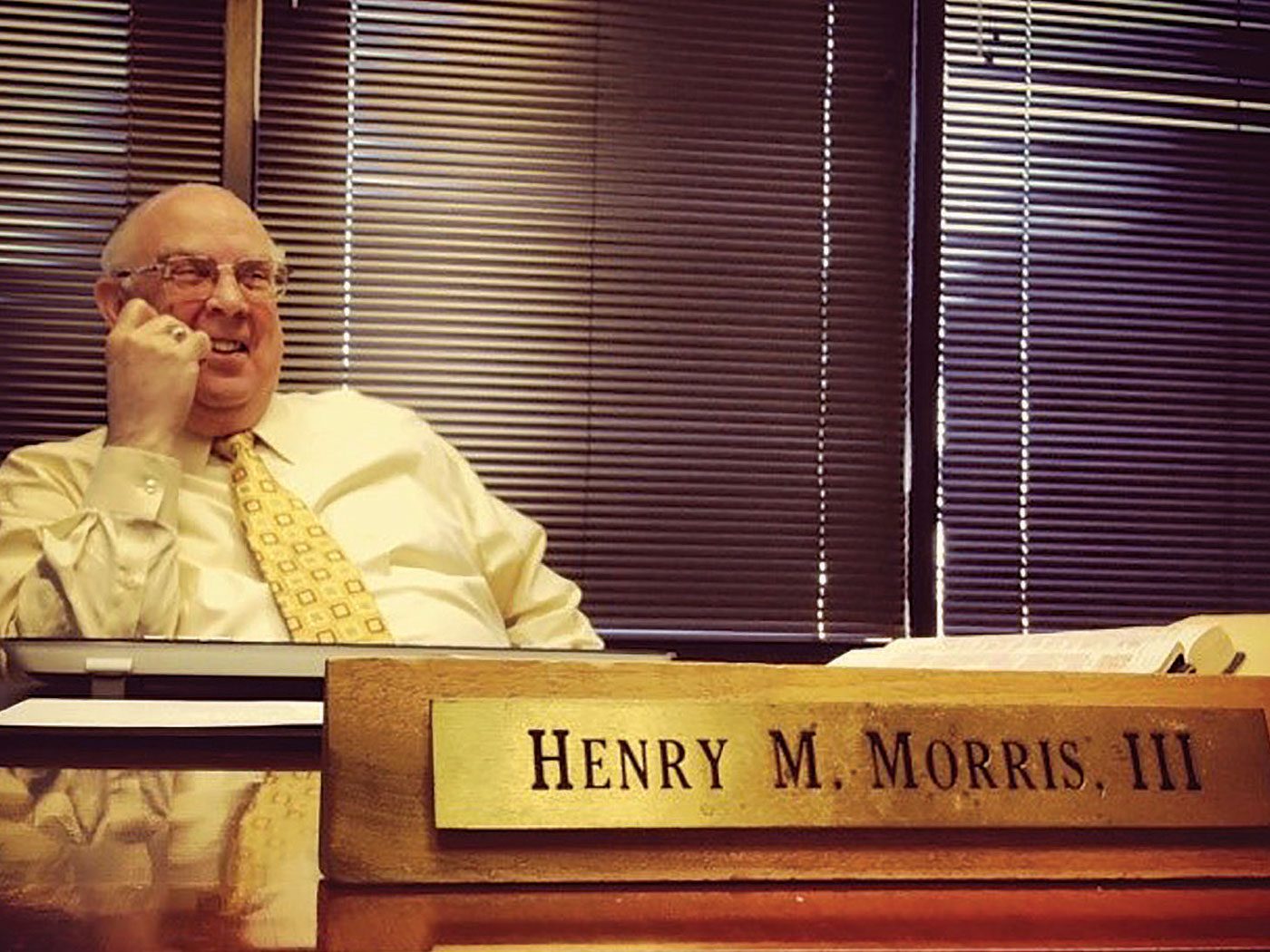The U.S. Court of Appeals for the Fifth Circuit ruled on October 13 that the words "under God" that appear in the Texas Pledge of Allegiance are constitutional.
The term was added to the state pledge in 2007. The same year, David Wallace Croft, along with a handful of other parents of school-age children, filed a lawsuit against Texas Governor Rick Perry to challenge the words' constitutionality and to have them banned.
The federal district court rejected the plaintiffs' claim in 2009. That decision was appealed and the case went to the Fifth Circuit.
The court wrote in its opinion:
The pledge is a patriotic exercise, and it is made no less so by the acknowledgment of Texas's religious heritage via the inclusion of the phrase "under God." A pledge can constitutionally acknowledge the existence of, and even value, a religious belief without impermissibly favoring that value or belief, without advancing belief over non-belief, and without coercing participation in a religious exercise. Texas's pledge is of this sort and consequently survives this challenge. Accordingly, the district court's judgment dismissing the complaint is affirmed.1
Since 2007, the Texas state pledge has read:
Honor the Texas flag; I pledge allegiance to thee, Texas, one state under God, one and indivisible.2
The dismissal aligns with a decision by the U.S. Court of Appeals for the Ninth Circuit, which ruled earlier this year to uphold the inclusion of the words "under God" in the national pledge. This story received wide media coverage in 2002 when the Ninth Circuit initially ruled in favor of California atheist Michael Newdow, who sued to remove the words from the pledge.
The U.S. Supreme Court reversed that decision in 2004 for technical reasons. In 2005, a federal judge sided with Newdow again and the case went to the Ninth Circuit a second time. But the new panel of judges upheld the pledge 2-1 in their March 11, 2010, decision:
The plaintiffs and the dissent focus solely on the words 'under God' in isolation, stripped of all context and history.…Because [the California statute] as implemented by the School District's Policy requires the recitation of the Pledge as a whole, we must examine the Pledge as a whole, not just the two words the Plaintiffs find offensive. In doing so, we find the Pledge is one of allegiance to our Republic, not of allegiance to the God or to any religion. Further, Congress' ostensible and predominant purpose when it enacted and amended the Pledge over time was patriotic, not religious.3
The same court also ruled in a 3-0 decision against Newdow that the national motto "In God We Trust" would remain on U.S. currency.4
While the First Amendment allows atheists the freedom to abstain from religion, they need to remember that it is a double-edged sword that also protects those who choose to believe and practice a religion. This, among others, is a freedom that 18th-century Americans fought and died to obtain. Such challenges, while lawful, are at best a disgrace to the sacrifice of these Americans, especially when they are instigated for the sake of a few individuals' personal preferences.
Fortunately, these recent rulings have honored that sacrifice, and we can enjoy our freedoms―at least for now.
References
- Quoting Croft v. Perry, 2010 WL 3991719, *10 (5th Cir. 2010).
- Fifth Circuit Upholds Texas Pledge of Allegiance. The Attorney General of Texas press release, October 13, 2010.
- Quoting Newdow v. Rio Linda Union School District, 597 F.3d 1007, 1014 (9th Cir. 2010).
- Newdow v. Lefevre, 598 F.3d 638, 643-646 (9th Cir. 2010).
* Ms. Dao is Assistant Editor at the Institute for Creation Research.
Article posted on October 22, 2010.





















